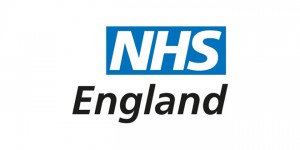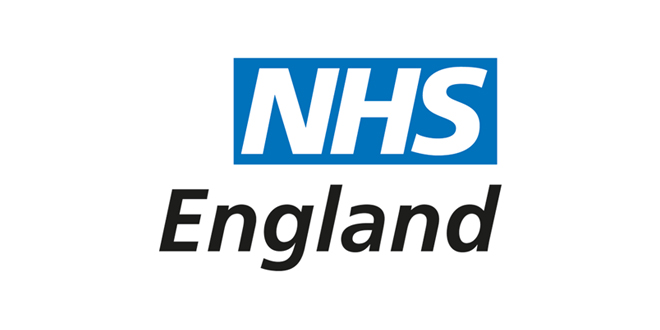Health Service Embracing Innovation As NHS England Announces Major Trials To Improve Patient Care
 Older patients and people with long term conditions and mental health problems will be among the first to benefit from a major new drive to modernise how the NHS delivers care.
Older patients and people with long term conditions and mental health problems will be among the first to benefit from a major new drive to modernise how the NHS delivers care.
Speaking at the World Economic Forum in Davos today (Friday 22nd), NHS England Chief Executive Simon Stevens will launch the first wave of NHS Innovation ‘Test Beds’.
These collaborations between the NHS and innovators – including Verily (formerly Google Life Sciences), IBM and Philips – aim to harness technology to address some of the most complex issues facing patients and the health service.
Frontline health and care workers in seven areas will pioneer and evaluate the use of novel combinations of interconnected devices such as wearable monitors, data analysis and ways of working which will help patients stay well and monitor their conditions themselves at home.
Successful innovations will then be available for other parts of the country to adopt and adapt to the particular needs of their local populations.
For example, the plans being announced include:
- Patients with diabetes in the West of England being equipped with remote monitoring and coaching technology to allow them to better self-manage their condition;
- Older patients in Rochdale who are most at risk of critical health events being identified using data analysis, and supported to use telecare and remote devices in their homes so that their doctors can provide timely and tailored help as soon as they need it, and;
- People in Birmingham at risk of serious mental illness will be able to make use of technology and apps to manage their condition, linked to a hub which can despatch the right specialist staff at the right time to help if a crisis looks likely.
Addressing the 46th Annual Meeting of the World Economic Forum, which is themed ‘Mastering the Fourth Industrial Revolution’, Simon Stevens is expected to say: “Over the next decade major health gains won’t just come from a few ‘miracle cures’, but also from combining diverse breakthroughs in fields such as biosensors, medtech and drug discovery, mobile communications, and AI computing.
“Our new NHS Test Beds programme aims to cut through the hype and test the practical benefits for patients when we bring together some of these most promising technologies in receptive environments inside the world’s largest public, integrated health service.”
A joint programme between NHS England, the Office for Life Science, the Department of Health and the Department for Culture, Media and Sport, NHS Test Beds will bring together local health bodies including CCGs, hospital trusts, primary and community care providers with a wide range of innovators from home and abroad.
Life Sciences Minister George Freeman MP said: ” We are determined to ensure the NHS can remain a pioneer of new treatments and models of care so that UK patients will be amongst the first in the world to benefit from these hugely exciting medical advances, made possible by the life sciences industry in partnership with the NHS.
“Not only does it demonstrate the NHS’s attractiveness as a place to test and develop revolutionary new products, it is also another important step towards creating a truly twenty-first century NHS”.
Each Test Bed will use a different combination of innovations, from both large and small organisations, to address a locally-identified clinical challenge.
These challenges include supporting people with diabetes and other long term conditions to manage their care better; supporting older people to stay independent at home; better support for people at risk of mental health crisis, and; improving how we predict care needs for both individuals and local populations.
The changes made will be rigorously evaluated, with the aim to provide evidence which will give more areas the confidence to adopt the innovations over the coming years.
The first wave of Test Beds includes five health and care Test Beds and two ‘Internet of Things’ Test Beds. The sites will be spread across different areas of England, including the West of England, Surrey, Sheffield and Birmingham.






